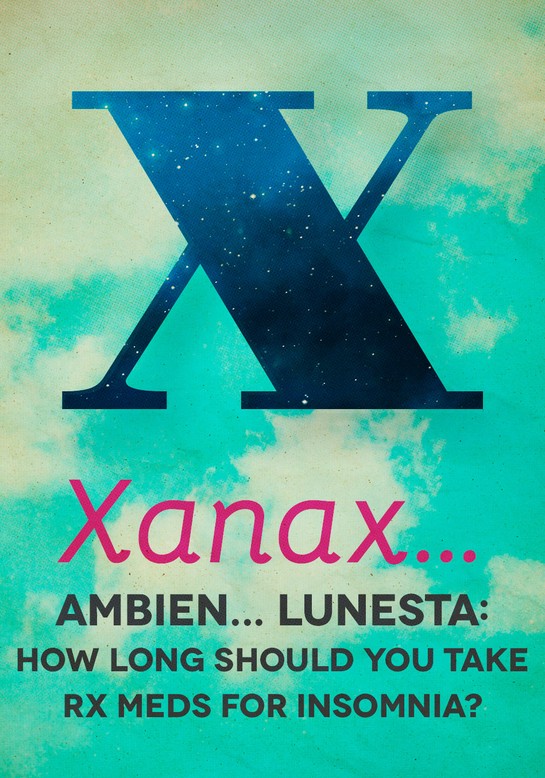26 Ways to Sleep Better
Whether you can't fall asleep, stay asleep or find time to sleep, we're here to help—with an alphabet's worth of solutions for a deeper, more refreshing slumber, starting tonight.
"Though some sleep medications are approved for continuous use for up to one year, most specialists draw the line between acute and chronic insomnia at about the three-month mark," says Ilene Rosen, MD, program director of the Penn Sleep Fellowship at the University of Pennsylvania. "If something stressful or exciting has you so wound up that you temporarily can't sleep, medication can help. But if you have trouble sleeping for more than three months, it usually means that something else is wrong, and a prescription won't address the underlying problem. Cognitive-behavioral therapy is often a better choice. It may take longer to work, but has been shown to offer lasting relief."
—Jihan Thompson
—Jihan Thompson
From the September 2014 issue of O, The Oprah Magazine


